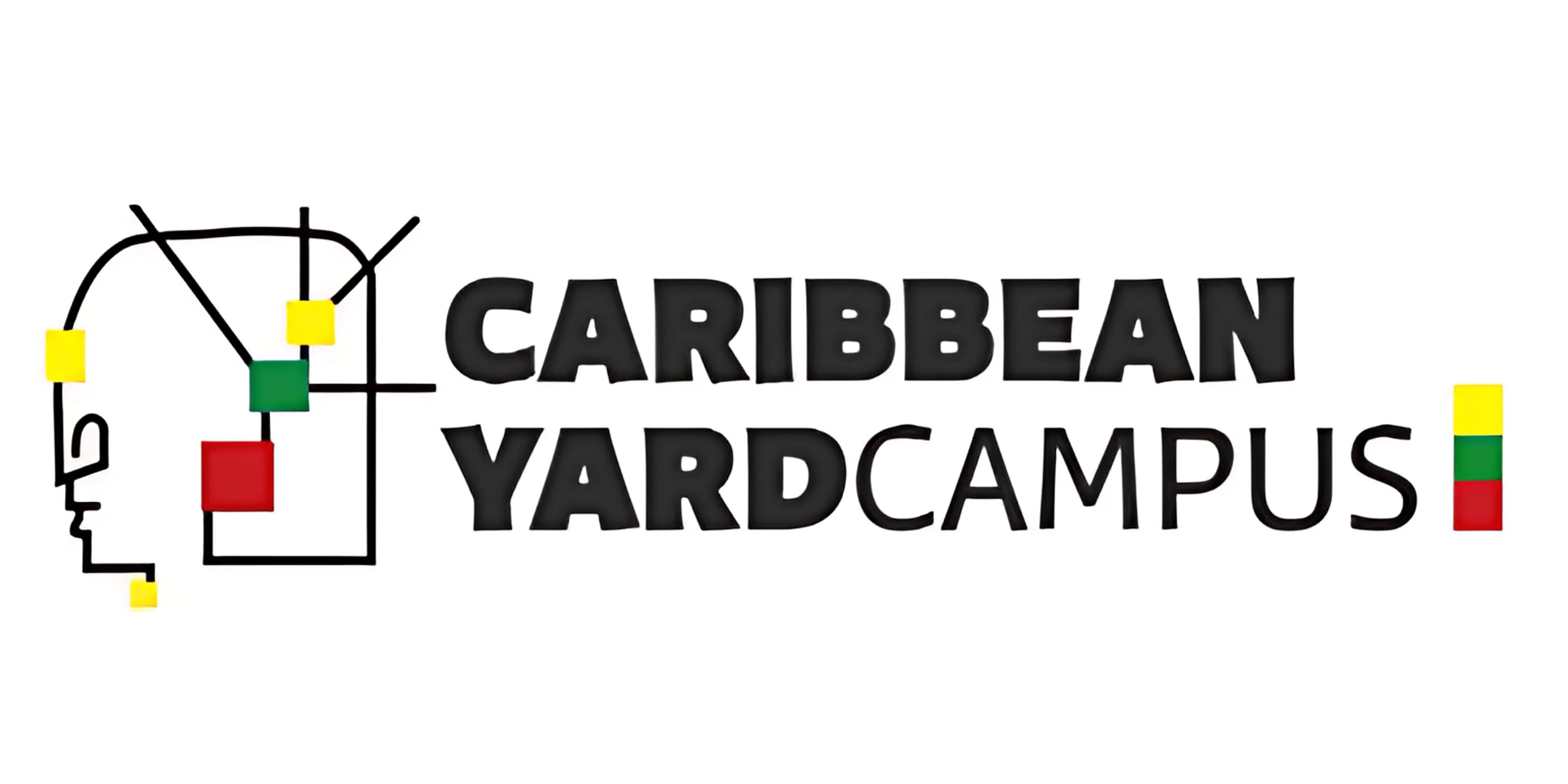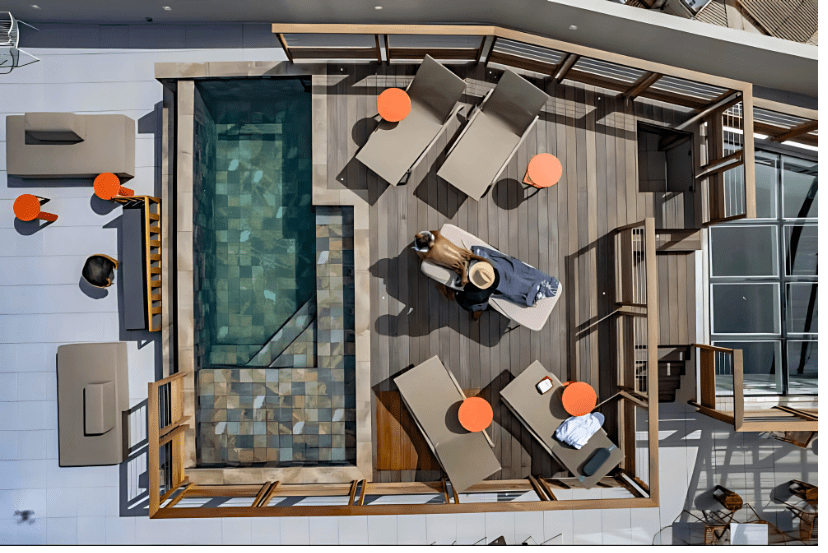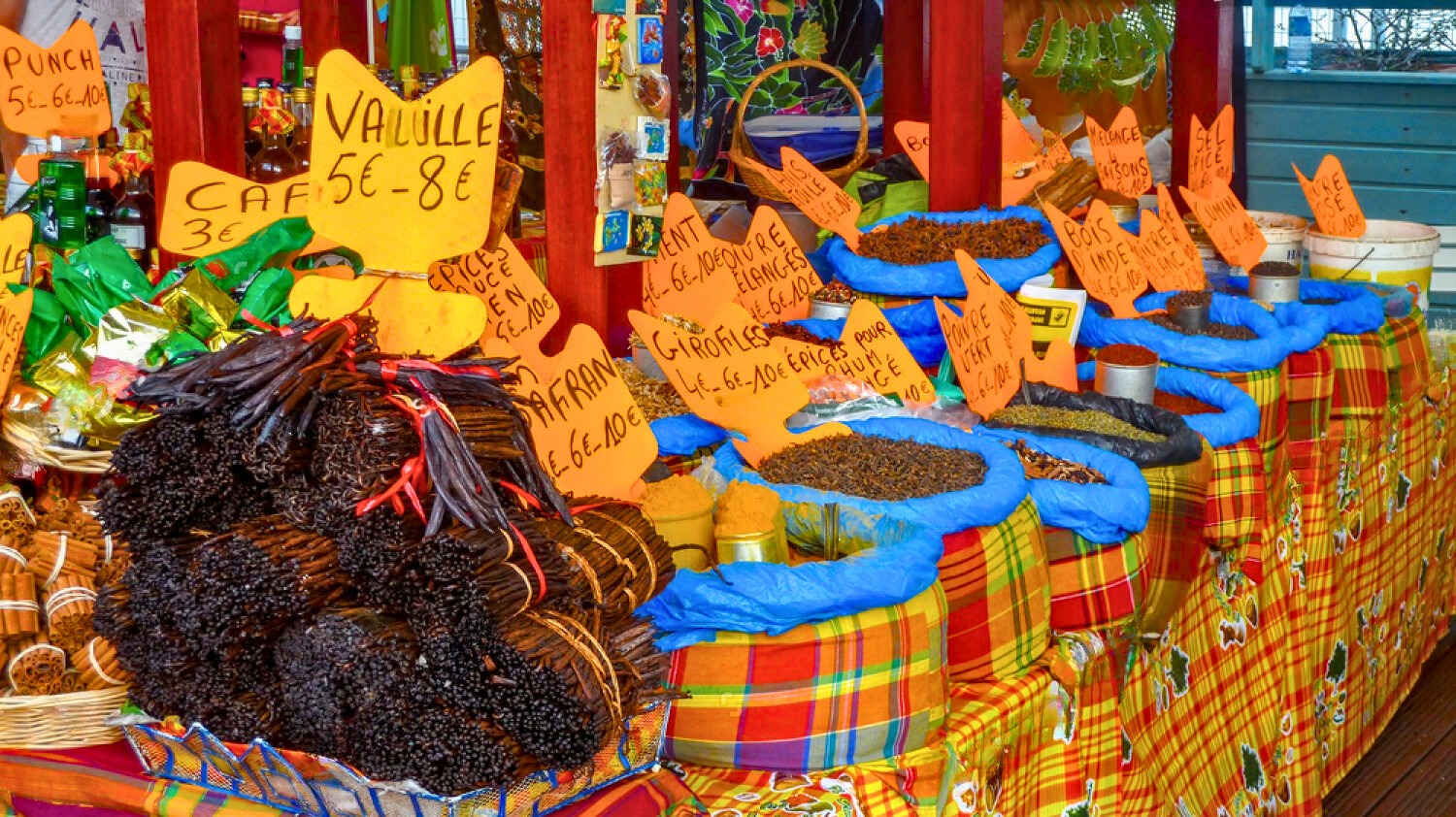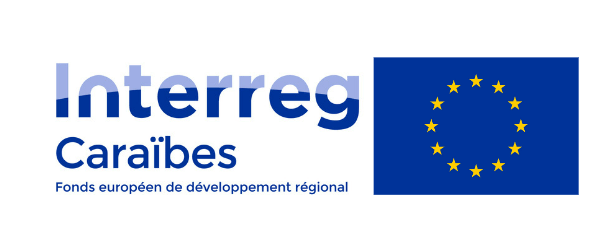A Fragmented Caribbean and Its Lingering Divisions
From outside, the view of the Caribbean is of a single space strewn with islands across the blue ocean between Europe and the Americas. But from within, the Caribbean is Derek Walcott’s broken vase, shards of a fractured past in need of love and understanding for reassembling the many fragments of a region blown apart by European battles for territory, conquest and domination.
More than 500 years after the cataclysmic encounter between Europe and the Americas, the modern Caribbean still bears the scars of the divisions attending its birth. It’s there in the languages that separate its people behind the barriers of English, Spanish, French, Dutch and the many Caribbean creoles spawned by their intimacy with the languages of the First Nation peoples of the region, of West Africa and of India, among others.
It’s there, too, in the outward gaze that keep the Caribbean tied to the social and economic orders of its old European past.
A Vision for Unity and the Legacy of the Haitian Revolution
And yet, beneath the division is a longing for belonging to a Caribbean in harmony with itself, at peace with family and extended family, confident in its power to escape the silos of the past, and in a single bound, leap across historic barriers into a Caribbean of the future made infinitely greater by the sum of its parts.
This is the vision that beats in the breast of all Caribbean people for whom the region is uncompromisingly home. The dream goes as far back as the Haitian revolution when its leaders looked beyond their own victory to assume the responsibility for liberation everywhere.
It has been an uphill battle ever since. The colonial foundation in which the institutions of the Caribbean were cast has proved to be durable, defiant and extraordinarily resistant to change. Disrupting the motor of Caribbean history is the challenge that the Trinidad and Tobago-based Caribbean Yard Campus (CYC) has set itself.
The Mission of Caribbean Yard Campus (CYC)
For Caribbean Yard Campus, self-knowledge is the starting point of change in the Caribbean. In approaching the challenge, it confronts the hierarchical structure of the region’s educational system with its design of a decentralized network of traditional knowledge systems.
CYC is the brainchild of Rawle Gibbons,( Photo) art educator and one of the Caribbean’s foremost playwright/directors. Launched several years ago at the Lloyd Best Institute in Tunapuna, Trinidad, the campus has expanded to cover international scope; but at the heart of the CYC model is the communal ‘yard’.
“In the movement of peoples throughout the Americas, the Yard has been at the core of a lifelong learning space – from womb to wake – and represents, therefore, a valuable repository of traditional knowledge which, if tapped, could contribute significantly to a culturally coherent path for Caribbean development,” explained Gibbons.
Reviving Traditional Knowledge for a Culturally Relevant Future
By creating intersections between traditional knowledge systems/experts and academic workers, Caribbean Yard Campus aims to produce culturally relevant approaches to development challenges in the region. This interface involves areas of educational content, methodology, ownership, authority and ultimately, empowerment in a knowledge-based society.
This CYC enterprise is premised on the view that:
– Rich resources of traditional knowledge, creativity, diversity and intellect abound in community spaces recognized as “Yards” which are largely absent from development plans for the region.
– Sources of traditional knowledge are threatened with extinction through neglect, migration, lack of documentation and natural demise.
– Traditional knowledge resources are critical to the development of human and technological capacities in the region.
– The release of these resources is central to promoting popular empowerment in a ‘knowledge economy’.
– The strengthening of linkages between yards across the Caribbean are critical to the creation of a coherent Caribbean-wide system of traditional knowledge in which individual communities become stronger and more viable.
Expanding Educational Horizons
One year into its program, Caribbean Yard Campus has a slate of short courses. These include “Philosophizing the Caribbean”, “Documenting Community Histories”; “Mas Design and Construction”; a course on traditional medicine titled “Sweet Broom, Bitter Bush”; two Caribbean languages, Spanish and French Patois and a hands-on integrated agricultural course titled “Planting People”.
In line with its mandate to deepen the links between Caribbean people, CYC has scheduled educational tours to Cuba and St Lucia. In 2020, it hosted its Caribbean Convois, a gathering of Caribbean yards in Haiti.
Forging New Paths for Caribbean Identity and Collaboration
Registration is now open for Philosophizing the Caribbean: Contemporary Definitions, a course designed in collaboration with the Centre for Hybrid Studies in Barbados.
This course presents panel discussions by Caribbean thinkers on the subject of its title. Panelists are drawn from across the region and diaspora. Participants will also share their own ideas in the format of Caribbean discursive spaces — liming, the lakou and reasoning.
Guiding lines : Our island-based panels will enjoy the freedom to discuss all things Caribbean within a range of established disciplines, from social theory to cultural studies, political praxis to economics, art and music to religion and theology, etc. The moderator’s challenge is to guide the discussions along the lines of a higher-order concept formation that philosophizes the Caribbean, reflecting on ultimate structures of being and consciousness that define us as a people as well as our unique contribution to a global modernity.
Classes are online sessions , on Tuesdays from 6 p.m. to 8 p.m. between September 24 and December 9, 2024.
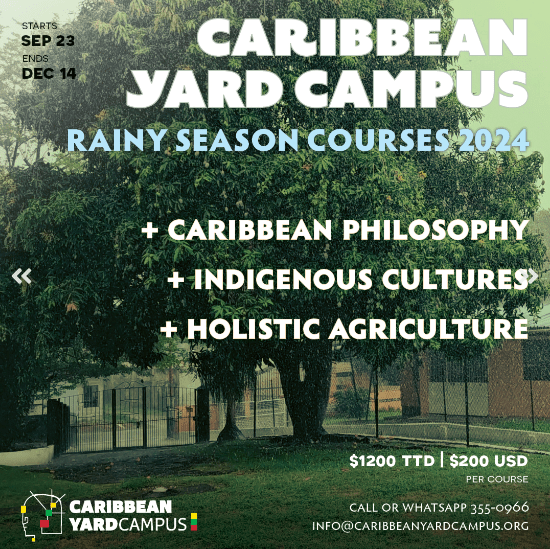
by Sunity Maharaj and Marie Françoise Bernard Sinseau
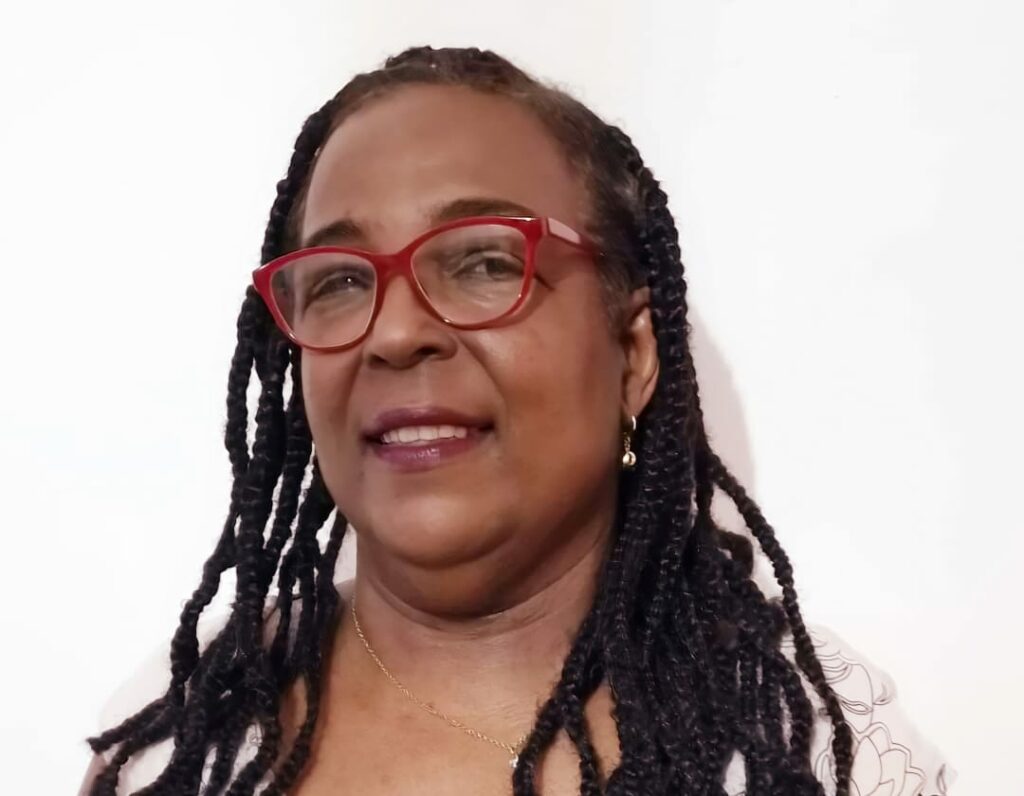
Dr Marie Françoise BERNARD
PhD in Caribbean studies, CYC Facilitator and consultant for French speaking territories
As Dr Marie Françoise BERNARD SINSEAU, specialized in Caribbean studies, my experience as a facilitator was awesome. I had a fruitful and refreshing experience during this Dry Season 2022 session of Philosophizing the Caribbean. The lectures and presentation of Caribbean identity through the scope of our thinkers and activists, through our spaces of manifestation of our truth, the movements and time chain of events which built our Caribbeanness
Every encounter with students and other facilitators and thinkers was an enchanting piece deep-rooted in what we are and gave additional meaning to my definition of myself and my people. The LAKOU established a connexion and settled the ground for future cultural experiences. It has evolved into a larger concept since it has provided the basis for another event in Saint Lucia for Creole Month.
What next ? There still is a huge set of opportunities to develop in that context and I am ready to contribute. I have been asked to organize a visit to Trinidad for French partners and will be happy if we could experience some of the cultural pieces we were introduced to. Liming, Panchayat, pan sessions, etc…
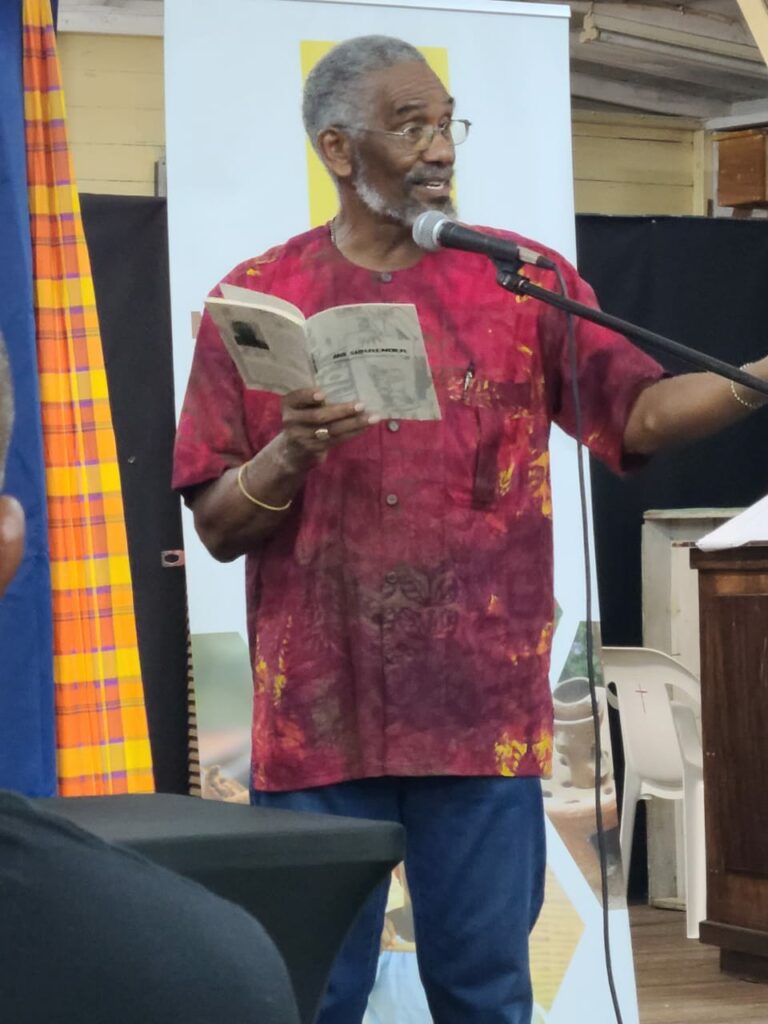
RAWLE GIBBONS
Born in Belmont, Trinidad and Tobago, Rawle Gibbons is a playwright, director and educator. He has taught at the School of Drama, Jamaica, with Mr. Dennis Scott and at the University of the West Indies, St. Augustine, as the founding coordinator of the Centre for Creative and Festival Arts. His directing/devising credits include CLR James’s ‘The Black Jacobins’ (1976), ‘Temple in the Sea’ (1995), ‘Shango, Tales of the Orisha (1996)’, Derek Walcott’s ‘Drums and Colours’ (1998) and ‘Nation Dance – the Pilgrimage, (2012). He has published two volumes of his plays: ‘A Calypso Trilogy’ (1999), ‘Love Trilogy’ (2012).
In 2014, Rawle Gibbons founded Caribbean Yard Campus, a network for the development of indigenous Caribbean education. He currently leads this project.

